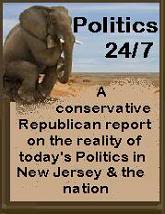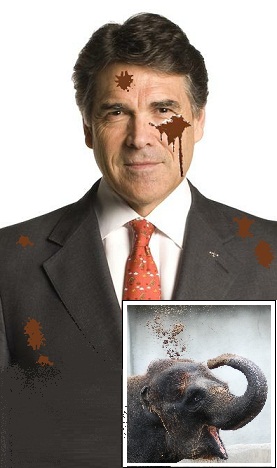
![]()
- Sen. Richard Burr (R-NC) Delivers Weekly Republican Address On GOP Jobs Proposals
- Good News: Biden Doesn’t Rule Out Running for President in 2016
- Nevada blinks and moves its Caucus date back
- Cain’s Stumbles Fuel Doubts on Electability
- Romney criticizes Obama on Iraq
- Mit Messages: Romney calls voters in Nrew Hampshire
- Christine O’Donnell Donates to Romney, Says He Isn’t ‘Getting a Fair Shake’
- Western voters size up GOP field on three big issues while Nevada gives Herman Cain the nod
- George Soros Funds Occupy Wall Street
- Independent group supporting Obama gives a peak at Obama’s strategy if he runs against Mitt Romney
- How Others Have Tried To Make the Case Against Rick Perry. Watch the video.
- Saturday Night Politics at White House 2012′s Cinema Politico: This Saturday night’s political movie pick…….CONVENTIONEERS
This slightly comedic romance details the relationship between two people on the opposite ends of the political spectrum. Taking place during the course of the 2004 Republican National Convention in New York City, a Republican man meets back up with a Liberal woman he knew in college. The two begin to fall in love, even though they each have trouble reconciling this new personal passion with their political passion. The tension each feels is exacerbated when a friend of the young woman reveals that he is going to be in apposition to disrupt the President’s speech at the convention. The film was shot on location during the actual 2004 Republican Convention, leading to the arrest of some of the filmmakers when they ended up capturing some of their footage without permission. The flick really isn’t that good, but its different and if you’re reading this site, you’re probably the type who can’t pass up a movie dealing with politics, the Republican National Convention and a conservative vs. liberal ideological clash.
It stars, Matthew Mabe, Woodwyn Koons, Alek Friedman, Alicia Harding, and Jennifer Brown.
Filed under: Trunkline 2012, White House 2012 Cinema Politico: The movie of the week | Tagged: 2004 Republican National Convention, Biden for President in 2016, Cain makes many mistakews, Cain's Stumbles Fuel Doubts on Electability, campaign ads against rick perry, campaign news, Christine O'Donneel donmates to Mitt Romney, christine o'donnell, Chrsitine O'Donnell endorses Mitt Romney, Conventioneers, Criticism over Obama pulling troops out of Iraq, George Soroa, George Soros Funds Occupy Wall Street, Herman Cain fading, Human Events, Kay Bailey Hutchison, Mitt Romney, Mitt Romney phonebanks, movies about politics, Nevada caucus date, Nevada changes caucus date to february 4, new summary, news from the campaign trail, Obama strategy, occupy wall street, picture of Mitt Romney calling voters in New Hampshire, politicAL MOVIES, political theater, presidential election news, Priorities USA, Priorities USA Action ad against Mitt Romney, Republican National Convention, Republican weekly radio address, Rick Perry, Romney calling voters in New hampshire, Romney criticizes Obama on Iraq, Sen. Richard Burr Delivers Weekly Republican Address On GOP Jobs Proposals, The movie of the week, trunkline 2012, White House 2012 Cinema Politico, wordpress political blogs | Leave a comment »






 Online Conservative Talk Radio
Online Conservative Talk Radio Poitics 24/7
Poitics 24/7 The Bulldog Pundit
The Bulldog Pundit The Right Scoop
The Right Scoop To Be Right
To Be Right Verum Serum
Verum Serum









 Mark Levin
Mark Levin Michelle Malkin
Michelle Malkin The Hugh Hewitt Show
The Hugh Hewitt Show
